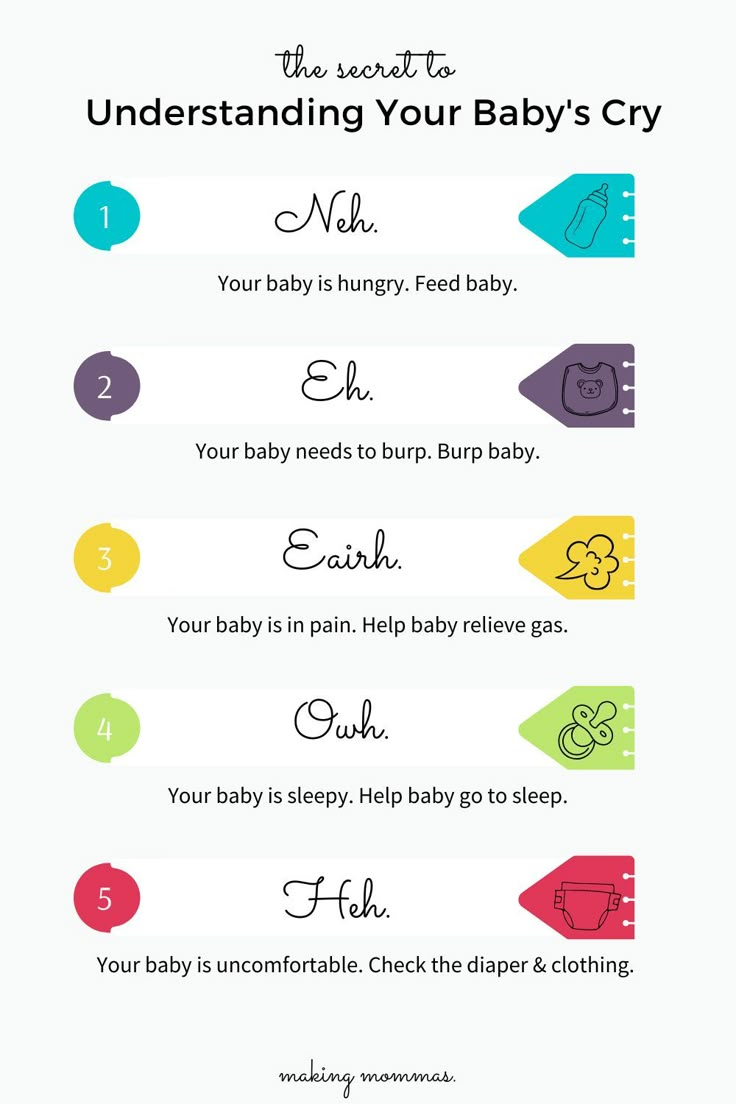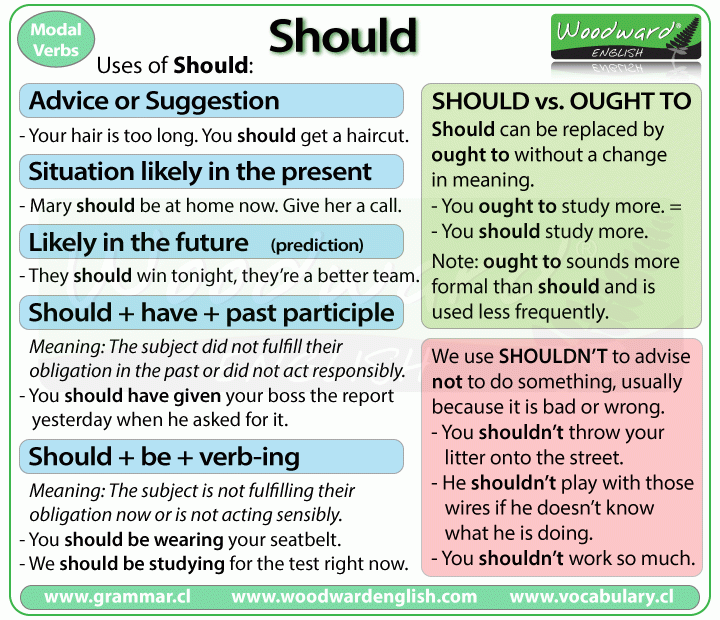When To Stop Rocking Baby To Sleep: A Guide for Parents
Rocking a baby to sleep is a common practice that many parents use to help their little ones drift off into dreamland. However, there comes a time when it may be appropriate to stop rocking your baby to sleep. In this article, we will explore when to make this transition and provide tips for helping your baby learn to fall asleep independently.
Knowledge
There are several signs that may indicate it’s time to stop rocking your baby to sleep. One key indicator is your baby’s age. As babies grow older, they begin to develop the ability to self-soothe and fall asleep on their own. Typically, around 4-6 months of age, babies start to establish their sleep patterns and may no longer require rocking to fall asleep.
Another factor to consider is sleep associations. If your baby has become dependent on rocking to fall asleep, they may have trouble settling down without this motion. It’s important to gradually wean your baby off rocking by introducing other calming routines, such as gentle music or a favorite stuffed animal, to help them establish new sleep associations.
If your baby wakes frequently during the night and requires rocking to fall back asleep, it may be a sign that they have developed a sleep crutch. Encouraging your baby to learn to self-soothe without rocking can help them sleep more soundly and reduce night wakings.
Conclusion
Knowing when to stop rocking your baby to sleep is an important milestone in your baby’s sleep journey. By recognizing the signs that your baby is ready to transition to falling asleep independently, you can help them develop healthy sleep habits that will benefit them for years to come.
Remember, every baby is different, so it’s essential to be patient and consistent as you help your little one learn to sleep without rocking. With time and gentle guidance, your baby will learn to settle down and drift off to sleep on their own.






